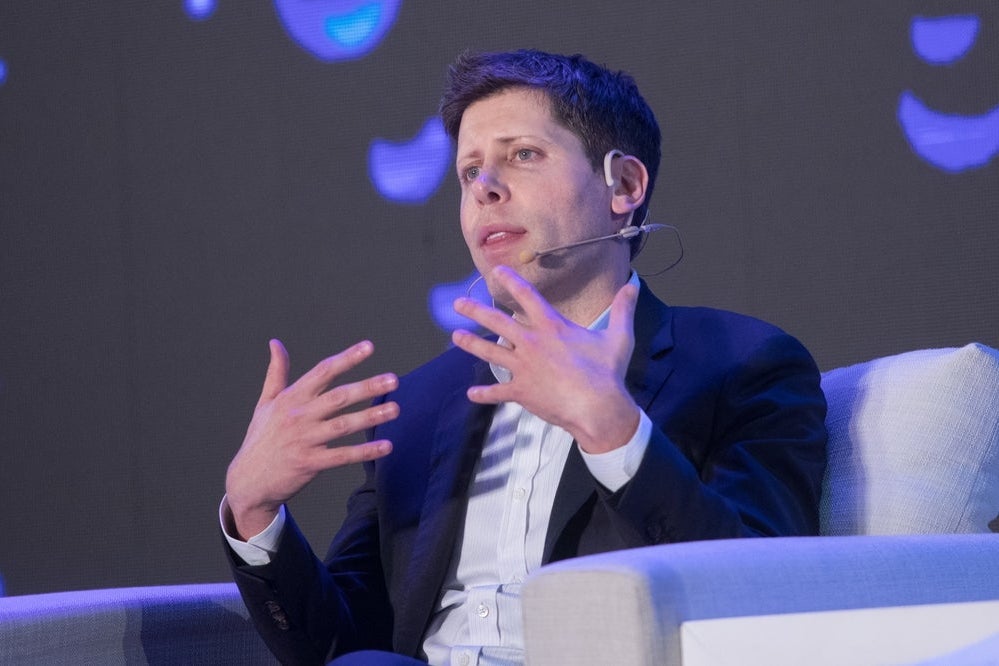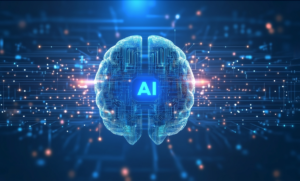OpenAI’s Recent Action Leaves Competitors Like DeepSeek Tense

OpenAI Implements Stricter Access Protocols for AI Models
Background on Access Changes
In light of recent concerns regarding the potential unauthorized use of its AI outputs, OpenAI has introduced stricter access protocols for its advanced AI models. This move aims to protect its intellectual property and prevent misuse by requiring developers to undergo government ID verification before they can access these high-end AI tools.
Recent Findings on AI Mimicry
A study conducted by the AI content detection firm Copyleaks revealed alarming statistics: approximately 74% of the outputs from a Chinese model known as DeepSeek-R1 were identified as resembling text generated by OpenAI. This raises significant concerns about the possibility that competitors could be leveraging OpenAI’s outputs to train their own AI systems. Such a practice, known as distillation, raises critical issues regarding compliance with OpenAI’s terms of service.
According to a report from Insider, OpenAI has remained silent on the specific findings of this study but has previously indicated worries about developers who might deliberately flout usage policies. Earlier in the year, OpenAI even mentioned that it was investigating signs indicating that DeepSeek was improperly distilling its models.
Implications of Unauthorized AI Model Use
The Distillation Debate
The concept of distillation is well-known in AI research and involves using existing models to create new, often more efficient ones. However, the unauthorized application of such techniques can lead to various legal challenges. The ongoing debate over intellectual property rights in the AI sector has intensified, prompting calls for clearer regulations and verification measures.
Tools for Tracing AI Outputs
To aid in these efforts, companies like Copyleaks are developing digital fingerprinting systems that can help trace and verify the authorship of AI-generated content at the model level. This technology could play a significant role in supporting the accountability of different AI systems and mitigating instances of unauthorized usage.
Why This Shift is Crucial
OpenAI’s decision to tighten its access protocols is particularly significant as the AI industry continues to navigate complex issues related to ownership and intellectual property. With claims that competitors may be misusing OpenAI’s outputs, it is essential to ensure that advanced AI models are used responsibly and in line with established terms of service. By implementing government ID verification, OpenAI is taking substantial steps toward reinforcing its commitment to intellectual property protection.
Future Industry Standards
This initiative may set a noteworthy precedent for other companies within the AI landscape. If successful, it could encourage a more widespread adoption of rigorous identity verification and access-control protocols. Such measures would not only enhance the protection of intellectual property but also foster greater trust in how AI technologies are utilized across various sectors.
As OpenAI continues to refine its approach to model access, it may influence best practices for the industry at large, promoting responsible usage and adherence to established guidelines. With the rapid pace of AI development, the implementation of secure protocols is crucial in shaping the future of artificial intelligence and its applications.






